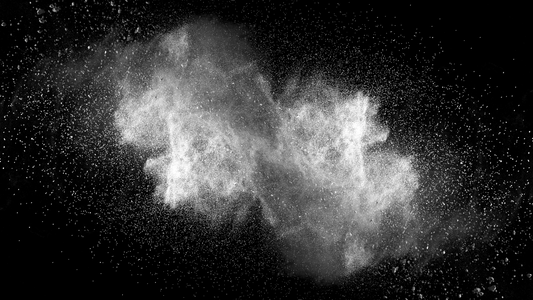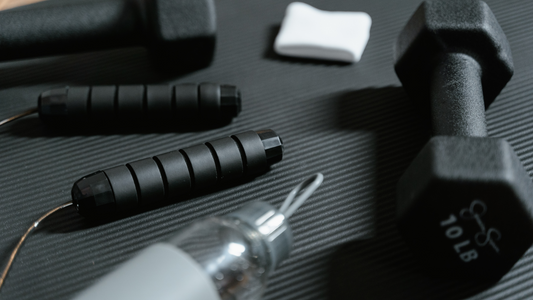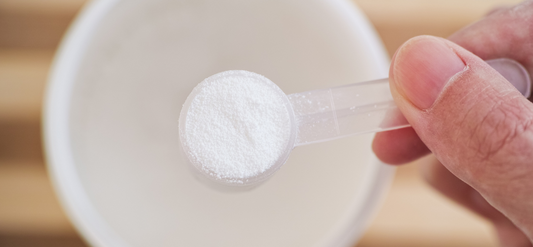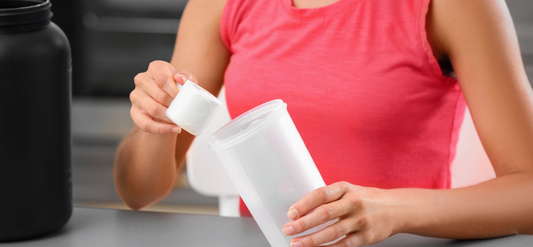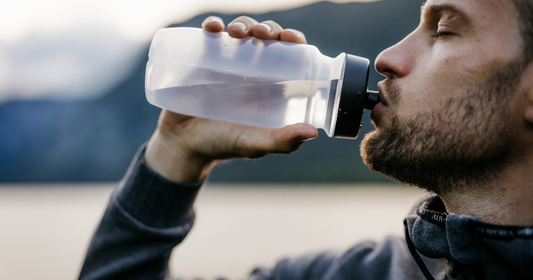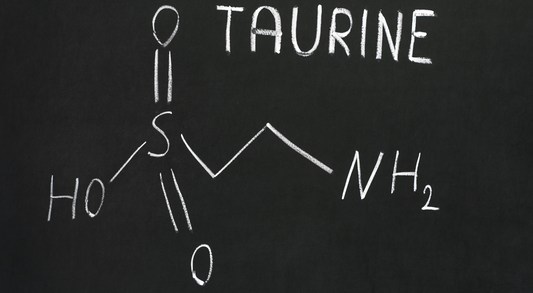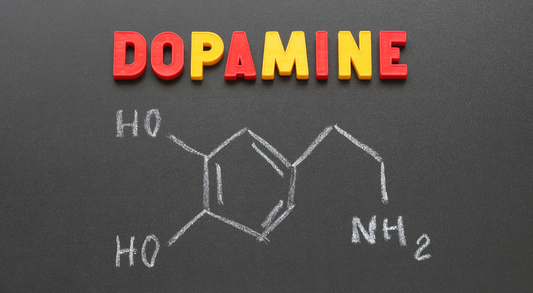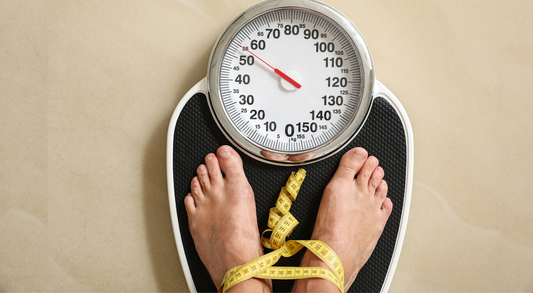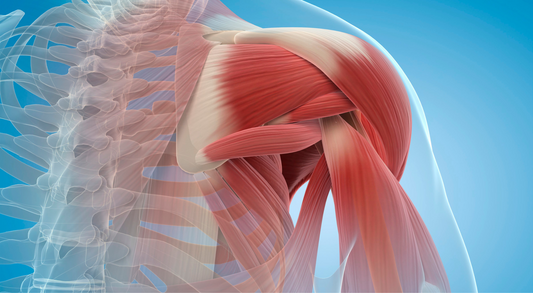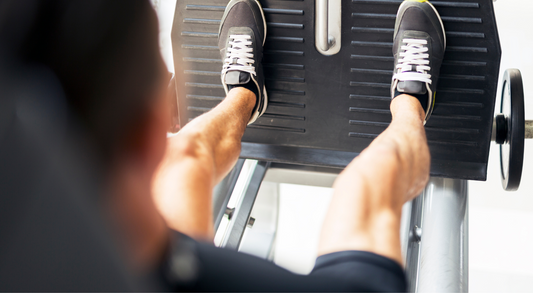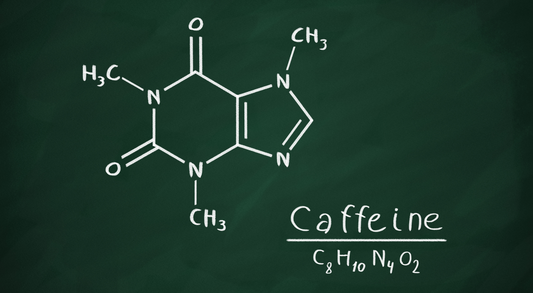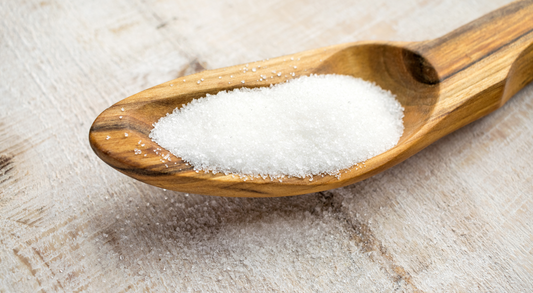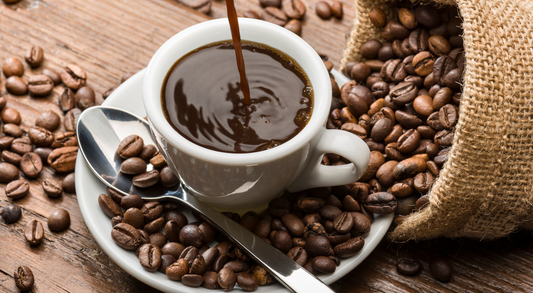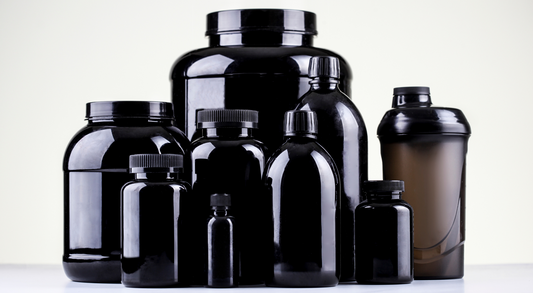Why Hydration is Important
Water makes up about 60% of the human body and is involved in numerous physiological processes, including temperature regulation, nutrient transport, and waste removal. Proper hydration is essential for maintaining these functions, especially during physical activity.
Effects of Dehydration on Performance
- Physical Performance: Dehydration can reduce endurance, increase fatigue, and decrease coordination. A review published in the European Journal of Sport Science found that even mild dehydration can impair physical performance, particularly in high-intensity and endurance sports (Sawka et al., 2007).
- Cognitive Function: Dehydration also affects mental performance, leading to decreased concentration, slower reaction times, and impaired decision-making. A study in the American Journal of Clinical Nutrition highlighted that dehydration negatively impacts cognitive performance in athletes (Armstrong et al., 2012).
How Much Water Do You Need?
The amount of water needed varies depending on factors such as age, sex, body weight, and activity level. The general recommendation is to drink about 3.7 liters per day for men and 2.7 liters per day for women (Institute of Medicine, 2004). However, athletes may need more to compensate for fluid lost through sweat.
Tips for Staying Hydrated
- Drink Regularly: Don't wait until you're thirsty to drink water. Make it a habit to sip water throughout the day.
- Monitor Your Urine: Aim for light-colored urine, which is a good indicator of adequate hydration.
- Hydrate Before, During, and After Exercise: Drink water before your workout, take sips during exercise, and rehydrate afterward to replace lost fluids. We included taurine to increase hydration and its role in athletic performance, check out our Pre-Workout.
- Use Electrolytes: During prolonged exercise, consider using sports drinks that contain electrolytes to help maintain fluid balance and prevent dehydration.
Conclusion
Hydration is a critical factor in maintaining athletic performance and overall health. By staying properly hydrated, you can improve your physical and cognitive performance, prevent fatigue, and enhance recovery. Make hydration a priority in your fitness routine.
References:
- Sawka, M. N., et al. (2007). American College of Sports Medicine position stand. Exercise and fluid replacement. Medicine and Science in Sports and Exercise, 39(2), 377-390.
- Armstrong, L. E., et al. (2012). Hydration, fluid intake, and beverage consumption habits among adults. Nutrition Reviews, 70(Suppl 2), S105-S113.
- Institute of Medicine (2004). Dietary Reference Intakes for Water, Potassium, Sodium, Chloride, and Sulfate.





